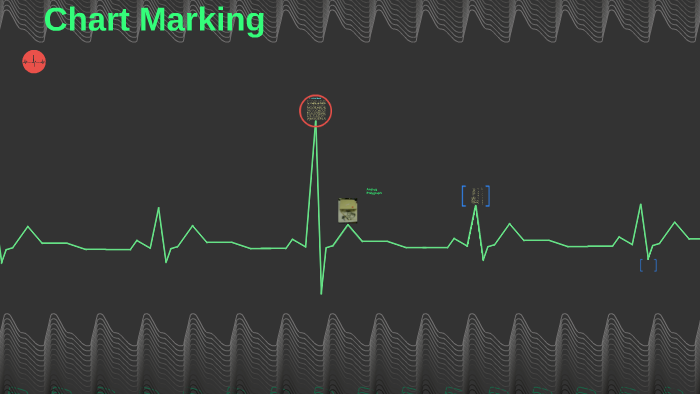Unveiling the Truth: The Power of the Lie Detector Test
Unveiling the Truth: The Power of the Lie Detector Test
Blog Article

In a world where honesty is revered, the concept of a lie detector test holds a certain mystique. Also known as a polygraph test, this tool is designed to uncover the truth behind people's words. By measuring physiological indicators such as heart rate, blood pressure, and skin conductance, a polygraph aims to reveal the hidden truths that may be masked by deceit. Whether used in legal proceedings, employment screenings, or personal investigations, the lie detector test has become a symbol of uncovering deception and illuminating the shadows of dishonesty.
For many, the mere mention of a lie detector test invokes images of tense interrogations and high-stakes situations. The idea of a machine capable of detecting lies taps into our deepest fears and insecurities about trust and truthfulness. Despite its controversial nature and varying levels of reliability, the lie detector test remains a widely-used tool in many sectors of society, sparking debates about its effectiveness and ethical implications. As we delve deeper into the intricacies of this intriguing technology, we begin to unravel the complexities of human behavior and the age-old battle between truth and deception.
History of Lie Detector Tests
Lie detector tests, also known as polygraph tests, have a fascinating history that dates back to the early 20th century. The first polygraph instrument was invented by John Augustus Larson in 1921, a medical student at the University of California. Larson's invention marked the beginning of the modern era of lie detection technology.
The early versions of lie detector tests primarily focused on measuring physiological responses such as blood pressure, pulse rate, and respiration to determine whether a person was being deceptive. Over the years, advancements in technology have led to more sophisticated polygraph instruments that can detect changes in perspiration levels and skin conductivity, providing a more comprehensive analysis of a person's truthfulness.
Despite their long history, lie detector tests remain a controversial subject due to questions about their accuracy and reliability. Some critics argue that the results of polygraph tests can be influenced by various factors, including the examiner's bias and the subject's emotional state. Nonetheless, lie detector tests continue to be used in various fields, including law enforcement, intelligence agencies, and private investigations, highlighting their enduring significance in modern society.
Accuracy of Lie Detector Tests
When it comes to the accuracy of lie detector tests, there is a mixed consensus among experts. Some studies suggest that lie detectors are fairly reliable in detecting deception, while others argue that they can be influenced by various factors such as anxiety or nervousness.
The technology behind lie detector tests has significantly improved over the years, making them more sophisticated and accurate in detecting physiological changes associated with lying. This includes monitoring heart rate, blood pressure, respiratory rate, and skin conductivity to determine signs of deception.
Despite advancements in lie detector technology, it is important to note that they are not foolproof. Factors such as individual differences in physiological responses and the ability of a person to control their reactions can impact the accuracy of the test results.
Controversies Surrounding Lie Detector Tests
Lie detector tests have been the subject of much debate within the scientific community, with some experts questioning their accuracy and reliability. Critics argue that these tests can be influenced by factors such as stress, anxiety, and even gender, leading to potential inaccuracies in the results.
http://floridapolygraphexams.com/
Another contentious issue surrounding lie detector tests is the ethical implications of their use. Some argue that these tests violate an individual's right to privacy and can create a false sense of certainty about the truthfulness of a person's statements. Furthermore, the use of lie detector tests in legal settings raises concerns about the potential for false accusations and unjust outcomes.
Despite the controversies and criticisms, proponents of lie detector tests maintain that when administered by trained professionals in controlled environments, these tests can provide valuable insights into deception detection. However, it is essential to recognize the limitations and uncertainties associated with relying solely on lie detector tests as a definitive measure of honesty.
Report this page